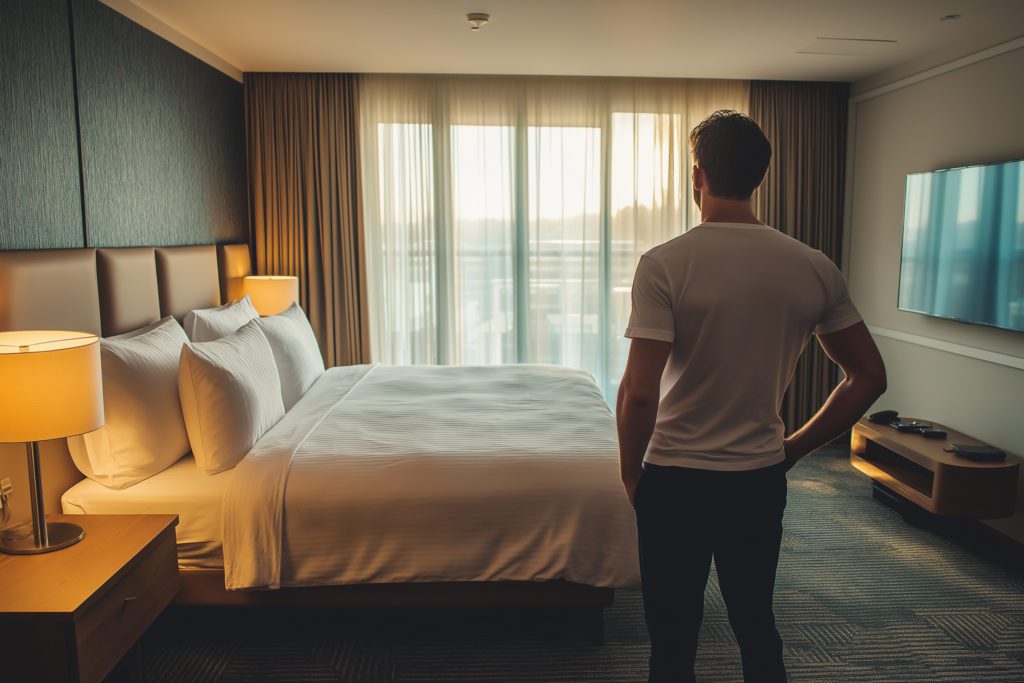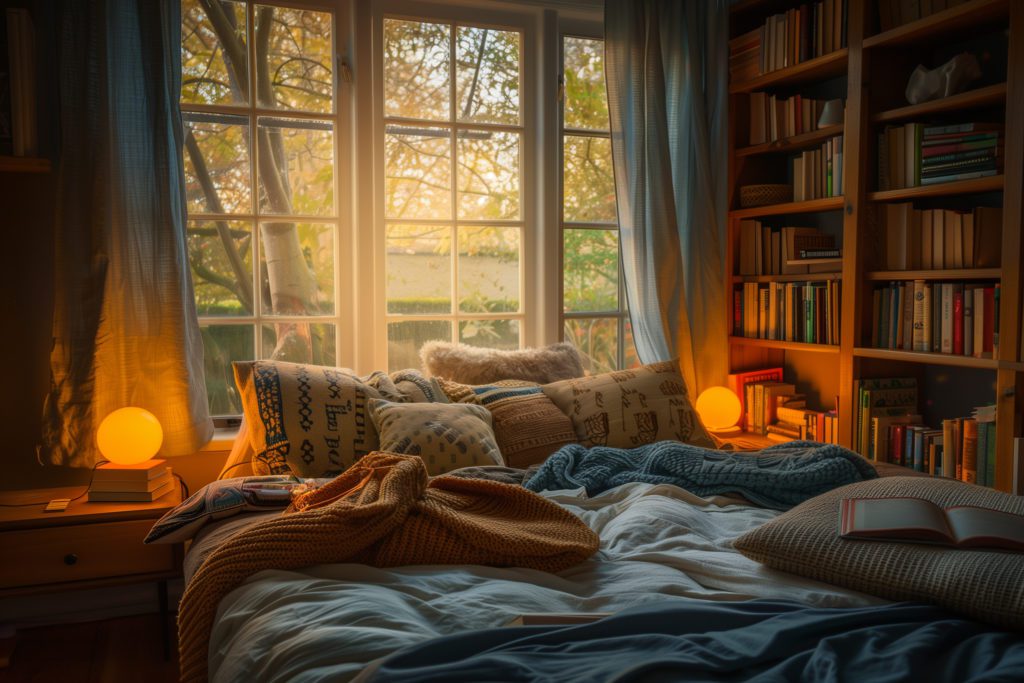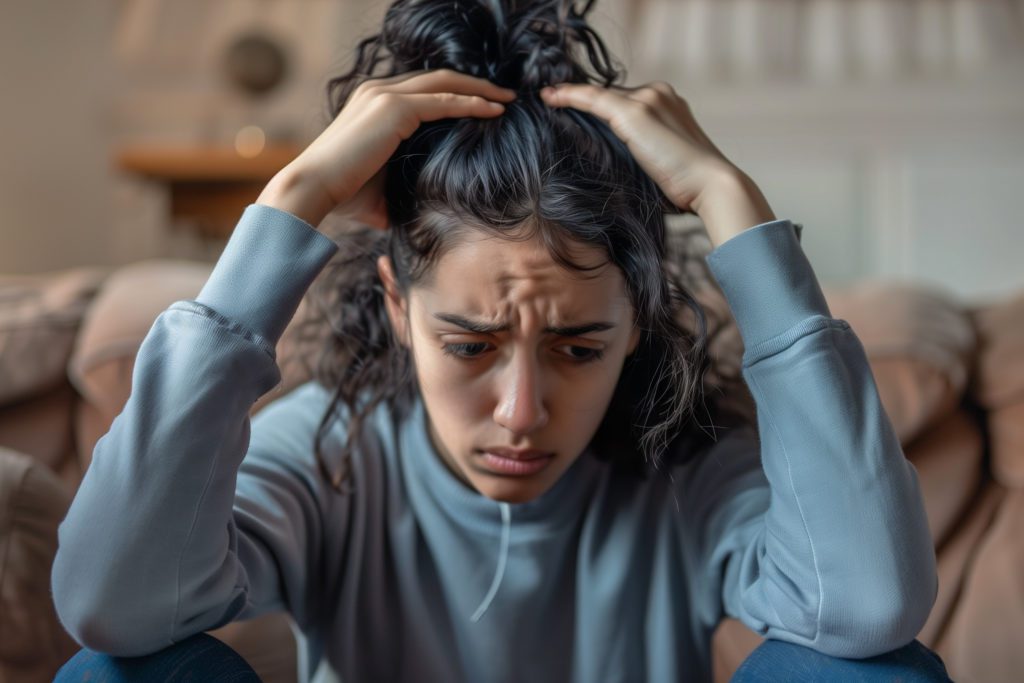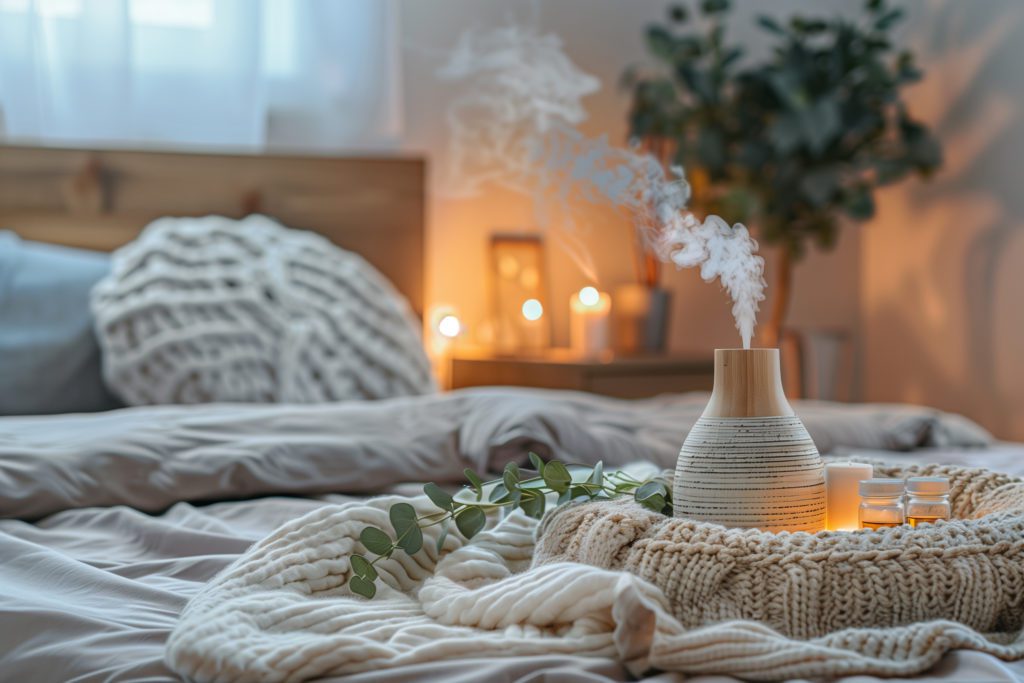
The Impact of Noise Pollution on Sleep: Adjusting to Noisy Environments When Traveling
Learn about the dangers of noise pollution while you travel and how to ensure restful sleep, no matter where your travels take you next!

When traveling, one of the most disruptive problems you may face is noisy environments and noise pollution. This is especially true if you're traveling to a new city and staying in a downtown hotel or residence. Noise pollution can have a harmful effect on your overall sleep and can be extremely difficult to adjust to, but there are ways to mitigate these noisy environments to ensure that you still get enough sleep.
In this article, we'll discuss the impact of noise pollution on sleep and how you can adjust to noisy environments while you travel. If you travel frequently or have a trip coming up, we hope that these tips and insights help you make decisions so that you can continue to enjoy quality rest even far from home.
How Does Noise Pollution Affect Sleep?
Noise pollution, which often comes from various sources, can be a real disturbance to sleep and even impact the quality of sleep. Transportation noises like roadways, railways, and even people on the city streets can cause you to wake up even more frequently throughout the night than you do when you’re in a quieter location.
One of the most damaging forms of noise pollution is aircraft noise, which puts people at a greater risk of sleep disturbance. This means they will get up even more frequently throughout the night instead of sleeping throughout the entire evening. Other factors like cars, trains, and other sources of noise pollution are moderate sleep disturbances, often impacting the quality, duration, and frequency of wake times.
While you may find that in the short term you feel a little effect, over the long term, this can lead to even worse problems. If you are somebody who travels frequently for business or just in general, you can find that eventually, with enough noise pollution, you may develop a sleep disorder or a mild sleep issue. Nocturnal noise pollution is one of the worst forms of noise pollution because it indirectly and directly affects our bodies, leading to psychological, physical, and emotional difficulties (Source: PubMed).
Potential Conditions and Challenges Due to Noise Pollution
For those who deal with chronic noise pollution while they travel, there are several challenges that you should be aware of. Some of these include the mild sleep disruption that you will experience, the potential for insomnia, heart disease, cognitive impairments, depression, and even anxiety. All of these are chronic health problems that come from traffic noise and other sounds that occur overnight or often when you're taking a nap, leading to significantly worse outcomes the more that you are exposed to them (Source: Harvard).
Sleep disruptions due to noise pollution can cause you to experience fight or flight responses while also potentially increasing the amount of inflammation in the body. Mentally, you may feel more anxious, stressed, or even sensitive to the noises around you. Physically, people have developed tinnitus, paracusis, and other issues that affect them daily.
You may also have higher blood pressure and higher blood viscosity, even heart disease or cardiovascular problems. Women who are pregnant and have sleep disturbances due to noise pollution also have been reported to have been diagnosed with preeclampsia during their pregnancies. Children can also struggle with sleep disturbances, struggling with concentration, communication, and even cognitive performance.
As you can see, several challenges can arise due to noise pollution when you sleep. Imagine this happening over multiple days, weeks, and even years, and you can imagine the significant repercussions of not being able to adjust to these environments. Fortunately, we have a few tips that can help you adapt to these noisy environments while you travel.
How to Adjust to Noisy Environments While Traveling
When it comes to adjusting to noisy environments, there are a few things that you can do to ensure that you still get quality rest even while you're traveling away from home. If you can, the first thing that we recommend is a soundproof place so you can sleep; whether that's drawing the curtains, putting towels under the door frames, or an array of techniques, you can take steps to enjoy quieter, more peaceful environments.
If you can't get rid of the noise, try wearing earplugs to reduce the impact of the sounds while you sleep. You can also reduce any media devices to the lowest volume or even shut them off prior to sleeping while you're traveling. All of this can help you reduce the disturbances and ensure that you get the best quality sleep possible (Source: Medical News Today).
In the event that the other tips we have provided do not work, studies have shown that listening to white noise, pink noise, or other related soundscapes can help you distance yourself from noise pollution. You can also turn on a fan to drown out the noise. Many people may be tempted to turn on a TV, but this can actually lead to less quality sleep because it can disturb you, too.
Sounds from nature are also another excellent way to wind down, relax, and prepare for restful sleep, even in the presence of noise pollution. There is no shortage of options for you to ensure that you can enjoy restful sleep, no matter where your travels may lead you!
Prepare for Restful Sleep During Your Travels
Restful sleep isn’t impossible while you travel, but you have to know how to prepare and how to avoid the harmful effects of noise pollution. With all the information that we provided, we hope that you're able to adjust to noisy environments while traveling with ease.
Whether you pick up a pair of earplugs, turn on some soundscapes, or listen to white noise, it will all help you ensure that you get the sleep you need for your health. To learn more about optimal sleep and how to ensure the best quality sleep every night, visit Pillow today.

Written by
Marie Soukup
Marie Soukup is a seasoned copywriter, editor, and Integrative Nutrition Health Coach with a certificate from the Institute of Integrative Nutrition (IIN). With years of experience working with brands across diverse industries, Marie is passionate about holistic health and crafting compelling content.
Download Pillow
Get help
Press & News
Legal
Connect
X (Twitter)
Company
Copyright © Neybox Digital Ltd.



